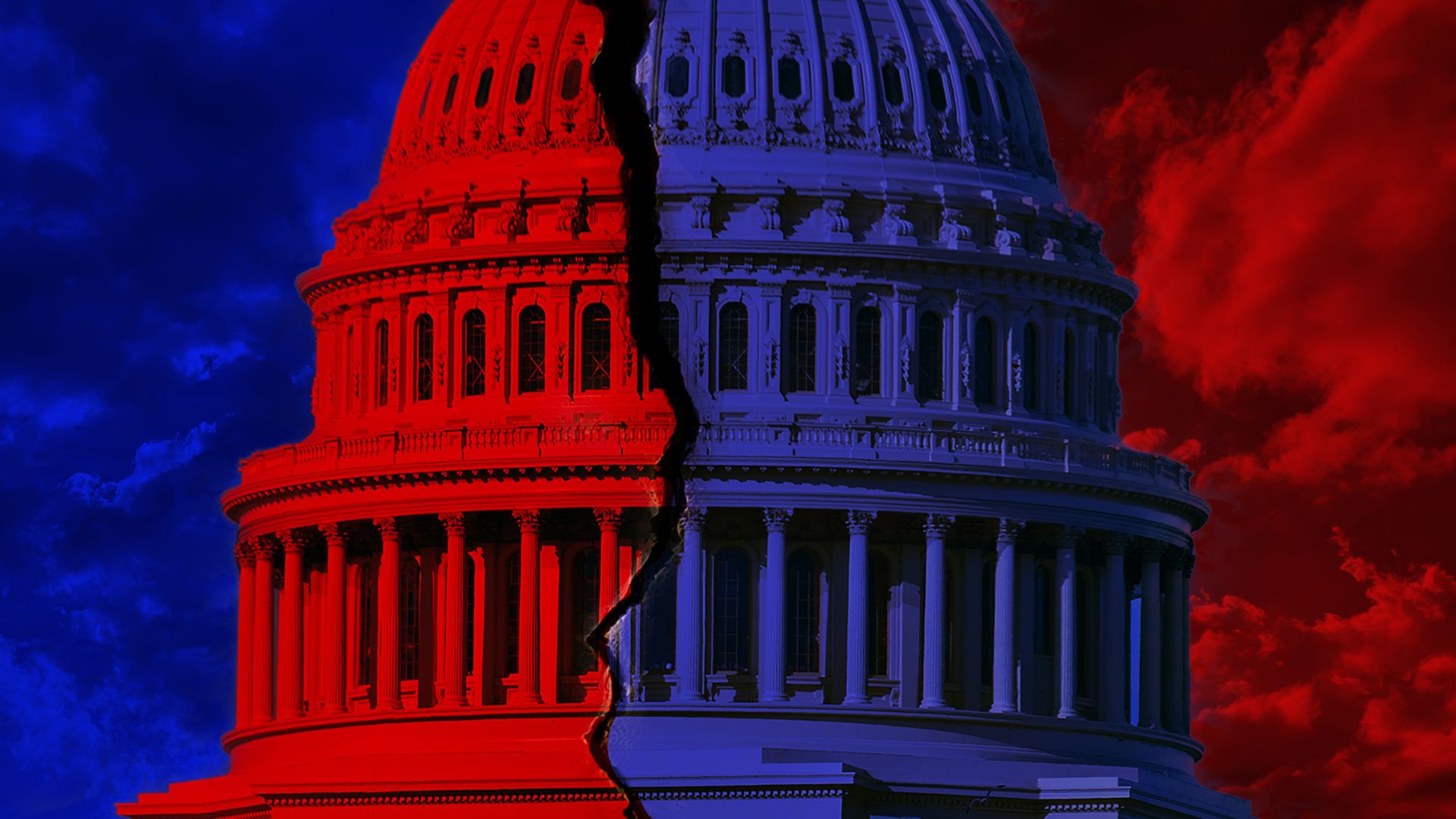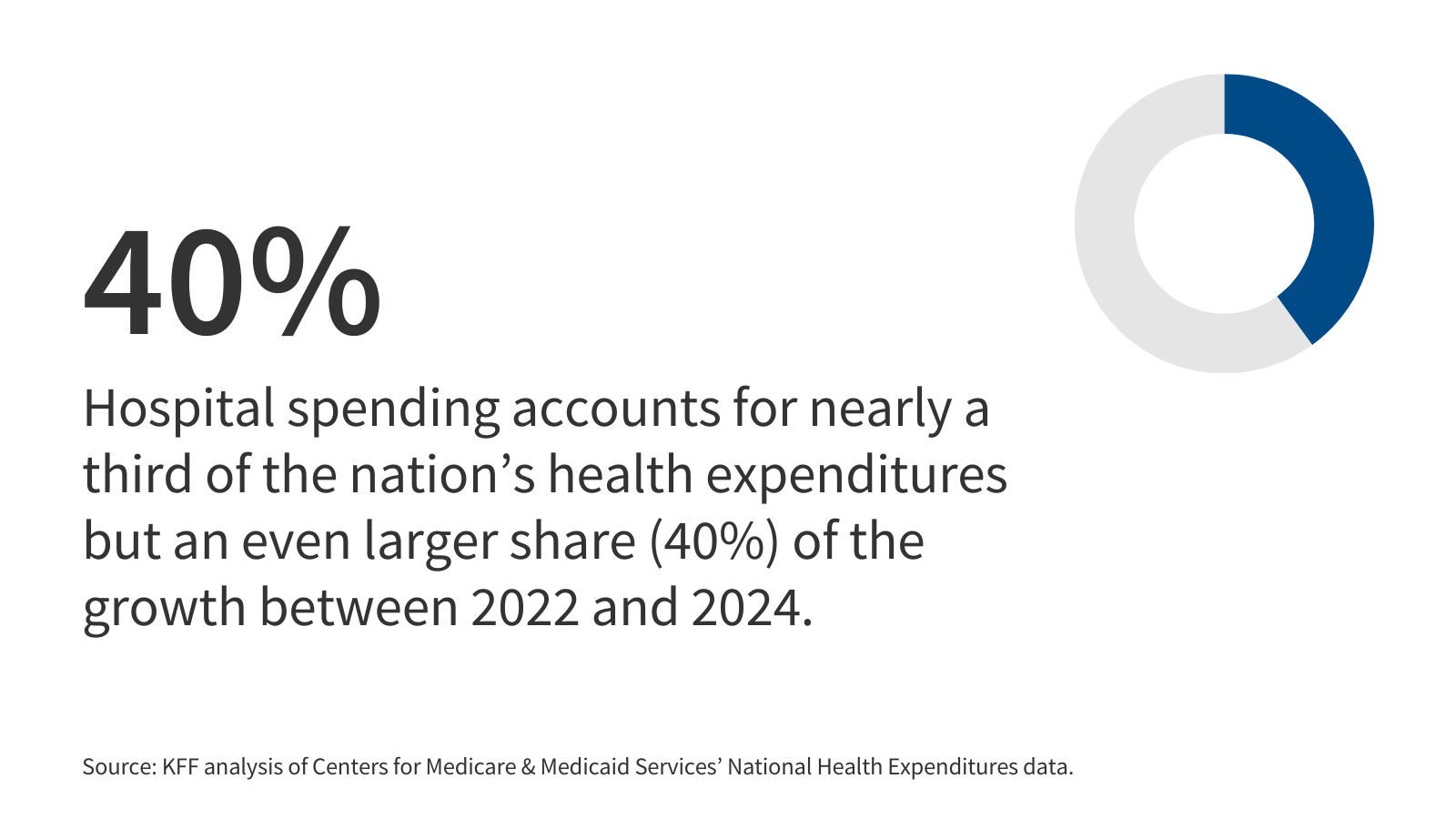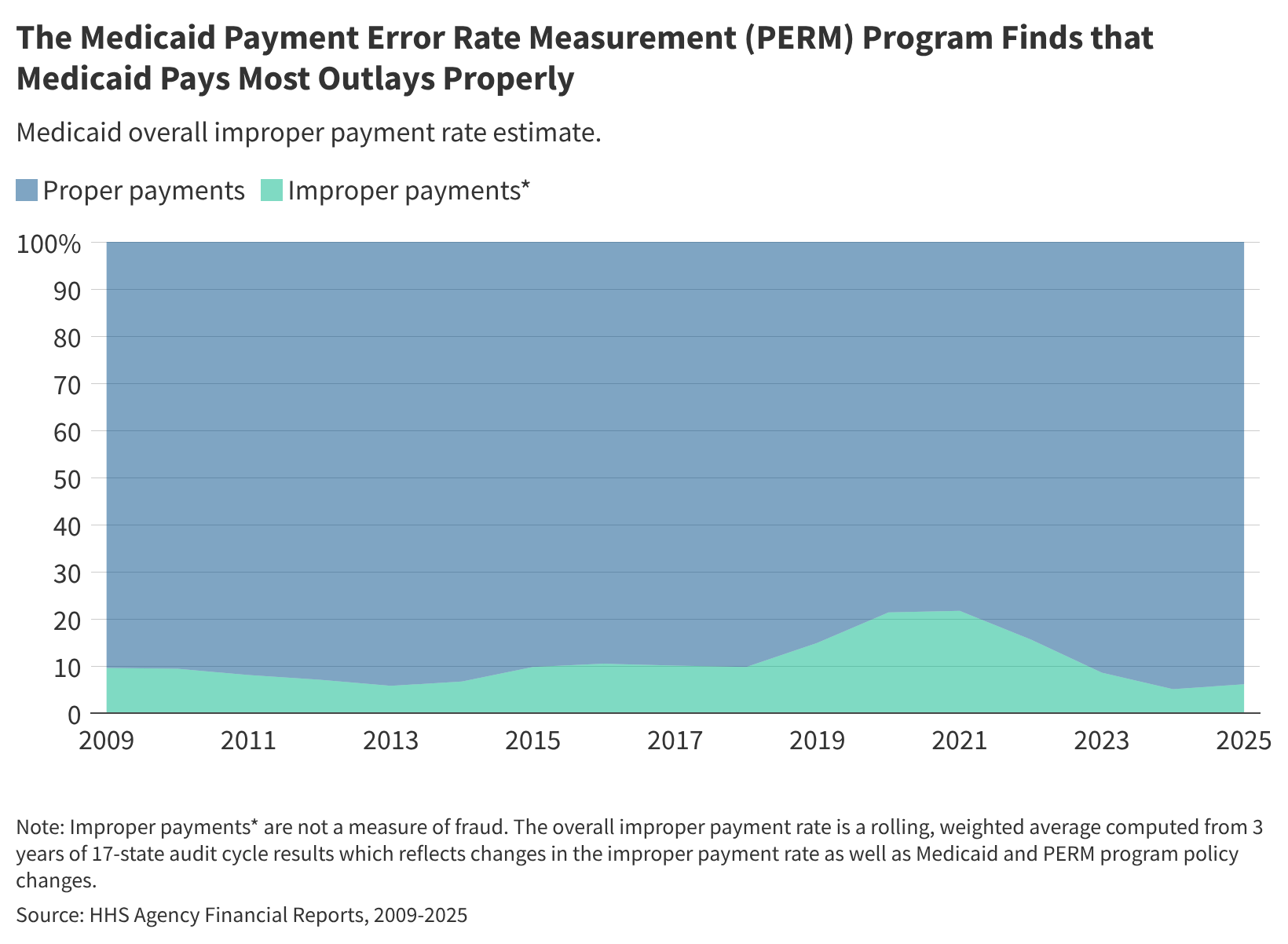Medicare Advantage (MA) insurer stocks soared following Election Day, with healthcare onlookers assuming the new Trump administration would set favorable policy for MA.
That may well be true. After all, Trump nominated former Senate candidate, surgeon and TV personality Dr. Mehmet Oz as the head of the Centers for Medicare & Medicaid Services (CMS), who once advocated for Medicare Advantage for All.
“We could expand the Medicare Advantage program next year to non-seniors and cover all Americans who are not on Medicaid with a new dedicated 20% payroll tax on all workers,” Oz explained in 2020. This would effectively end employer-provided insurance and ACA coverage.
Many variables remain unclear right now. Dr. Oz may not get confirmed to the position. Trump, Robert F. Kennedy Jr. and Oz could try to revolutionize these health programs, or not. A focus on chronic disease and prevention would probably be welcomed by MA plans.
Beneficiaries may voice concerns to lawmakers at overarching privatization efforts. They might not succeed. But, at the very least, signs are that Medicare Advantage is on stronger footing than other programs.
Yet, cracks are beginning to emerge. Vivek Ramaswamy, as co-lead on the newly commissioned Department of Government Efficiency, hinted at budgetary cuts he might recommend within the Department of Health and Human Services (HHS), questioning the utility of health equity and diversity broadly.
New coalitions are also sprouting up. Some Republicans in Congress—the party traditionally closer to big business—feel wary of anticompetitive behavior and show interest in Lina Khan’s work at the Federal Trade Commission. They find the practices of pharmacy benefit managers, which are vertically integrated with the biggest insurers, to be ripe for reform.
The same goes for prior authorization, risk adjustment, payment policy and the star ratings system. Changes to any of these areas could spell disruption.
“I think that part of the euphoria from the Medicare Advantage world is not entirely well-placed,” said Andrew Schwab, founder and CEO of health policy lobbying firm Platform Government Strategies, in a webinar.
Health equity index
It’s no secret Ramaswamy and Trump megadonor Elon Musk want to slash the federal budget by trillions and layoff civil servants across the government.
Linking to a post of alleged waste and abuse at HHS, Ramaswamy decried the number of staffers working on diversity, equity and inclusion. He also criticized the department’s budget for including the word “equity” 829 times, a key component of the Medicare Advantage system.
The latter caught SCAN Health Plan President and CEO Sachin Jain’s attention. Health equity was a core focus of the Biden administration. How does a Trump administration friendly toward MA square with the program’s focus on health equity?
(SCAN Group)
“The most generous view of that is this administration feels like there are other ways to achieve health equity, namely improving these programs for the benefit of all Americans,” he said in an interview with Fierce Healthcare. “There’s a more cynical view, which is that this is just an administration that’s not going to care about health equity. Only time is going to tell what that post really means.”
In Medicare Advantage, insurers are judged on their results in the star ratings system. In his first term, Trump weighted member experience heavily within star ratings using a traditional reward factor, while the Biden administration wants to shift how quality is measured.
Starting in performance year 2028, star ratings will adopt a health equity index (HEI), relying on data from 2024 and 2025 measurement years. Plans that disproportionately serve low-income, disabled and dual-eligible members high quality care will earn a higher level of reimbursement.
This change is estimated to save CMS $670 million in 2028 and up to $1.05 billion in 2033, a white paper from actuarial and consulting firm Milliman found. And if savings is what DOGE is after, it may be unwise to slash and burn the HEI.
“I think we have a stars advantage runway for the next several years, and we’d like to see the health equity index stay in place,” said Alignment Healthcare CFO Thomas Freeman at Stephen’s annual investor conference.
And when asked about the future of the HEI and risk adjustment broadly at the UBS Global Healthcare Conference, Alignment CEO John Kao was blunt: “I don’t know yet is the real answer.”
Part of that uncertainty stems from the political environment. Much of Trump’s base voted for him because of the coalition’s willingness to call out “DEI” initiatives. On the other hand, linking social determinants of health to payment, a priority Schwab lobbied for with Oak Street Health, could be beneficial to that electorate.
“HEI not only will help people in urban areas, but it will also help people in rural areas,” Schwab explained, adding that Trump’s support climbed among Black and Latino voters. “Will those results matter when looking at something like the HEI? These are the blendings of politics, elections and policy that we don’t quite know the answer to yet.”
Star ratings and risk adjustment
It’s not just the HEI that could see change.
Schwab said he is hearing bipartisan interest on the Hill to reform the quality bonus payments and risk adjustment, as well as the feasibility of Part D standalone plans.
Think tanks across the ideological spectrum may find common ground on star ratings and other issues in MA.
Conservative organizations The Heritage Foundation (PDF) and Paragon Health Institute both decry the quality bonus system, arguing quality measures should be determined based on health outcomes and patient experience. Left-leaning groups Urban Institute and Families USA (PDF) agree the quality bonus system is not working as intended.
“You can start to see some kind of bipartisan mixing bowl happen here, which I think is very important for healthcare stakeholders to pay attention to,” said Schwab.
(LinkedIn)
That bipartisan energy extends to risk adjustment.
“The things we would be interested in seeing from this administration are a reboot of risk adjustment, because I think we’re still building it off an HCC chassis that was launched more than 20 years ago, [and] potentially a reboot of the stars program, which I think historically has focused on what you can measure but not always what matters to people,” said Jain.
Will RFK Jr. and Oz lead the charge?
First matter of business for the new administration will likely be tax policy and immigration before then turning to healthcare.
All indications point to Trump world believing they have a mandate to go after entrenched interests, said Schwab. Kennedy Jr. is evaluating a plan to revamp medical billing by the American Medical Association, first reported by STAT, all before obtaining Senate confirmation for the post.
But skeptics say Kennedy Jr. and Oz, while knowledgeable in some domains and highly controversial in other areas, are not as policy-focused as required to run massive federal budgets.
Though these appointments are high-profile and flashy, appointments lower down the food chain will prove more informative, said Jain.
“Given the resumes of both of these folks, my expectation is they’re going to be more focused on externally representing these agencies and driving a perspective on health care for the American public,” he said. “And they’re going to leave the work of governing and leading these agencies to their deputies and other people.”
Schwab isn’t so sure.
“I think that remains to be seen,” he cautioned.
Publisher: Source link










